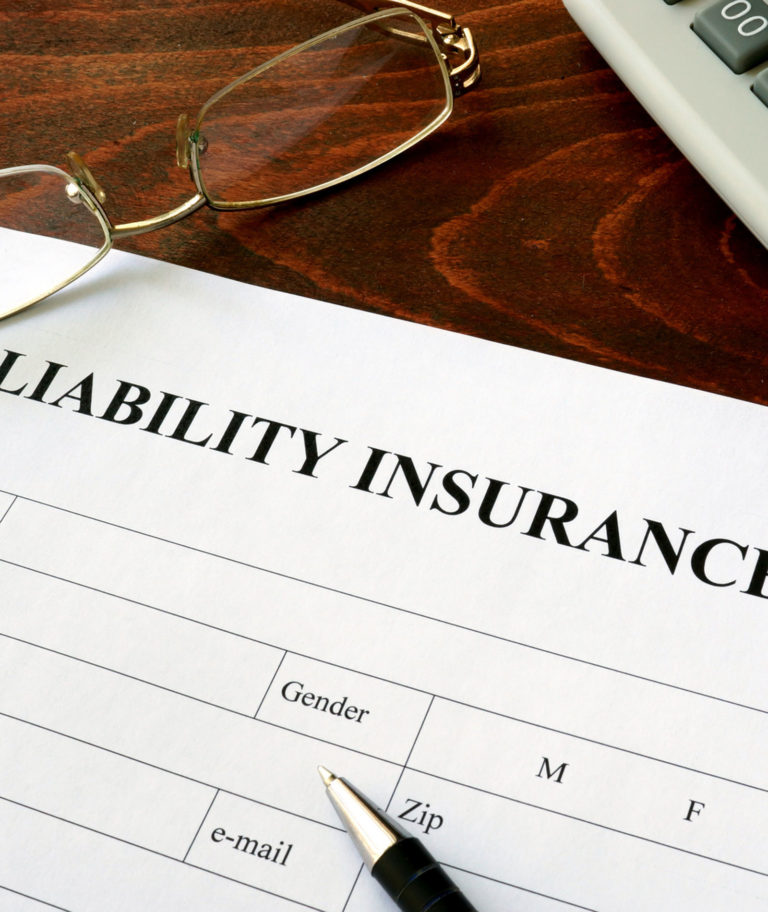Florida District Appeals Court Reviews Notice Requirements for Insured to Receive Personal Injury Protection Benefits

In Florida, following a car accident, you can file a claim for personal injury protection (PIP) and medical payment (Med-Pay) benefits. State law requires all motorists to carry a certain amount of auto insurance coverage, and it also guides the process of obtaining the benefits from your insurance company. In the recent state Third District Court of Appeals case, State Farm Mut. Auto. Ins. Co. v. Gonzalez (No. 3D14-2290), the court reviewed what an injured person must do in order to obtain PIP or Med-Pay benefits from her automobile insurer.
The injured person was hit by another vehicle and received treatment from an emergency room. The hospital billed the health insurer $685 for the services, but not the auto insurer. The health insurer paid the bill. The woman obtained legal representation, which notified the auto insurer the injured person was represented but did not include a bill, statement, or request to pay the hospital charges. The auto insurer then sent letters to the injured person’s counsel to obtain information as to what treatment the injured person received as a result of the accident. Despite multiple inquiries for copies of payment, the auto insurer never received a response and closed the claim a little over three years from the date of the accident.
Nearly five years after the accident, the injured person filed an action against the insurer to collect uninsured motorist (UM) benefits, which was settled for $80,000. The injured person then made a demand for an additional $10,000 in PIP and $10,000 in Med-Pay benefits for services rendered by three medical providers, in total over $32,000 worth of bills. The auto insurer moved for summary judgment, asserting it did not owe the PIP and Med-Pay benefits for the hospital charges because it did not receive notice as required under state law, 627.736 (5)(d). The trial court entered a ruling in favor of the injured person, arguing the insurance company did not challenge the reasonableness, relatedness, and necessity of the hospital charges.
On appeal, the insurance company argued that they were never provided with a statement of the charges in compliance with state law, and therefore they are not obligated to pay and should have been awarded summary judgment. State law requires an insured person to not only submit a copy of the bill from the medical service provider but also to do so on specific forms. If the insured person does not follow these procedures, the bills do not become “due.” The insurance company also pointed out that the Med-Pay could not become due because those benefits are only enacted if the medical bills are not covered by PIP. The Appeals Court reversed and remanded the case with a final judgment in favor of the insurer.
The case above demonstrates why experienced counsel is necessary in an auto accident personal injury suit. The Florida car accident attorneys at Donaldson and Weston have the litigation experience you need to help you seek the benefits you deserve. Call our office today for a free, confidential consultation.
More Blog Posts:
What Are the Effects of Brain Injury After an Accident?, South Florida Injury Lawyer Blog, July 31, 2015
Are Your Children At Risk for Playground Injury?, South Florida Injury Lawyer Blog, July 10, 2015
